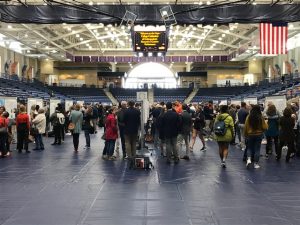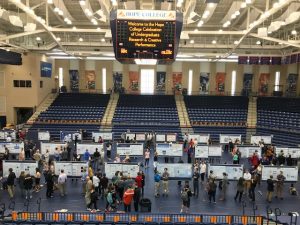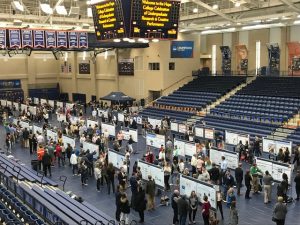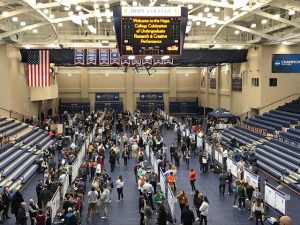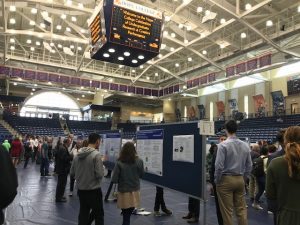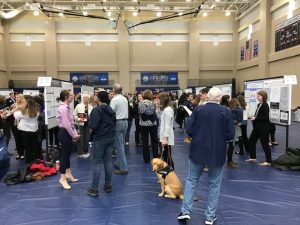A recent article in Ecology and Evolution highlights successfully strategies for successfully mentoring undergraduate researchers. While this appears in an ecology journal, the strategies proposed apply to most academic disciplines that involve faculty-student research experiences (whether in STEM, arts, or the humanities).
For example, faculty interested in fostering interest in traditionally underrepresented students in their fields can consider a host of strategies to increase participation, such as:
- Specifically targeting these students and encouraging them to apply;
- Holding open, informational meetings where students can learn about various research opportunities;
- Understanding our own biases and how they may impact the mentoring process;
- Including current research students in the hiring and selection process to provide additional perspective and feedback on the prospective student; and
- Developing a list of research topics/experiences that vary in terms of skills necessary and student time commitment to allow students with various academic and work commitments to participate in a meaningful research experiences.
For those of you seeking more opportunities to enhance your undergraduate mentoring skills and experiences, the article is worth a read. It also serves as great source material for those of you interested in developing proposals with an undergraduate research component (NSF RUI and NIH AREA, for example).


